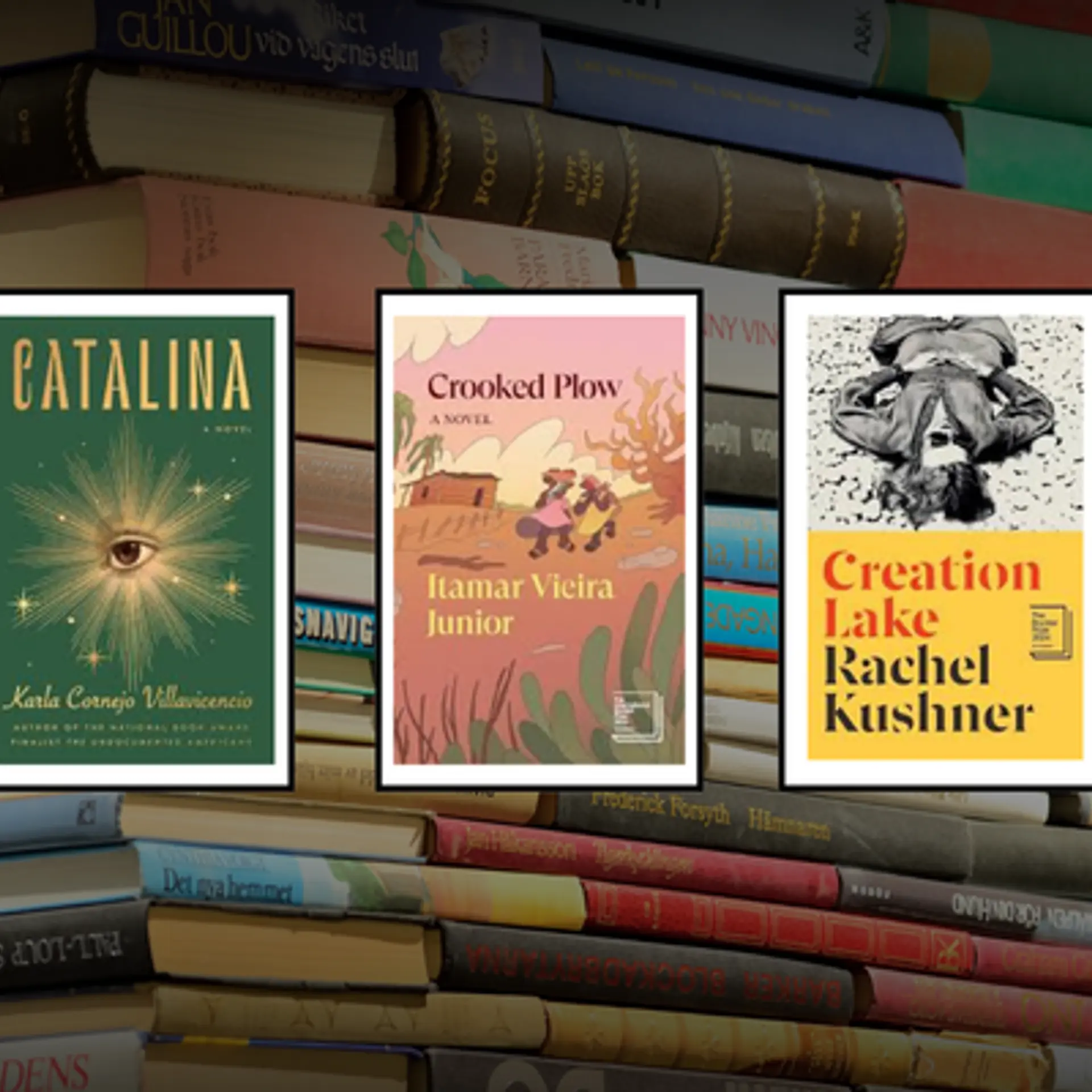Five shopping trends promoting a new wave of green consumerism in India
Right from soaps and detergents to bags and clothes, consumers in India are now looking for eco-friendly products while keeping quality and prices in mind.
Sustainable, recyclable, cruelty-free, natural – words that ring a bell in most of our heads when it comes to buying consumer products today.
With concerns surrounding high levels of pollution, rapid rate of deforestation and climate change people, especially millennials are now becoming more conscious about their purchasing patterns. Right from soaps and detergents to bags and clothes, consumers are now keeping an eye out for not only great quality and reasonable prices, but also for eco-friendly brands.
According to a survey by Euromonitor, a global market research firm, 67 percent of people ranked ‘environment-consciousness’ as the highest parameter influencing their shopping trends.
SocialStory brings to you some of these green consumer products in the rage.
Bamboo toothbrush
Brushing has been a part of our daily routine since time immemorial. However, standard plastic toothbrushes add to the already burdened waste disposal system.
Once thrown after use, they either sit in a landfill or make their way into water bodies. Hence, many people are now shifting to bamboo brushes as they are naturally antimicrobial and completely decomposable.
Though this might sound like a small change, it is sure to have a big impact on the environment in future. Bamboo brushes are being sold by a number of entities like Bamboo India, Ecohoy, and Terra for Rs 100 to Rs 150.

Biodegradable cutlery
Plastic cutlery is useful and a lot of people were glued to it due to affordability and durability. But, a slew of alternatives are now replacing them.
Several startups like Samanvi and are making cutlery from natural materials like corn starch and rice husk, and are increasingly being accepted by consumers.
The move to ban disposable plastics, which was adopted by a few states across the country, has further increased the willingness as well as awareness to move to eco-friendly cutlery

Upcyled clothing
Upcycling clothes is considered one of the best ways to reuse old and worn out pieces. With designers and brands slowly picking up pace in this direction by using discarded materials, sustainable fashion is on a rise.
For instance, Delhi-based designer Kriti Tula creates a whole new range of quirky clothing by gathering textiles form export houses, picking up sample strips, reject fabric, stray buttons, and leftover thread. Then, Mumbai-based Cornucopia is known to transform old and used T-shirts into trendy kurtas, dupattas, sarees, and quilts.
Though these products may be slightly more expensive than the standard ones, individuals seem to be willing to pay for them.

The co-founders of Cornucopia.
Menstrual cups
While sanitary pads are easily accessible and cheap, disposing of them is a mammoth task. Also, researchers have found that synthetic menstrual products can cause rashes and chafing in women and may also lead to diseases such as vaginitis and toxic shock syndrome (TSS).
Now, startups and NGOs are changing this scenario by making biodegradable pads and creating better alternatives to sanitary napkins themselves.
One such innovation is a menstrual cup, which is not only ‘reusable’ helping reduce the generation of waste, but it also turns out to cheaper in the long-run.

Grocery bags
Using plastic bags for almost anything has been a common phenomenon for ages, especially groceries. To make things worse, people even picked up multiple pouches at the market to organise their produce.

To avert this, companies like Vitara Organics and Magnus Eco Bags came up with cotton bags that have detachable compartments.
Besides, the shape of the bag has been made to adapt to the vegetable crisper in refrigerators so that the vegetables can be directly placed inside for cold storage.
Since the bags are made of cotton, they can be washed and reused, and are available for Rs 150 to Rs 200. Several households are switching over to them for the sake of convenience and conscious consumption.
(Edited by Saheli Sen Gupta)








